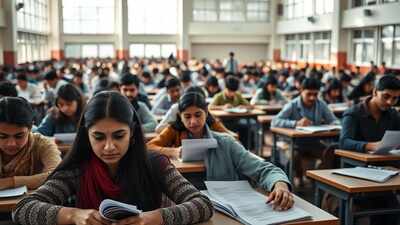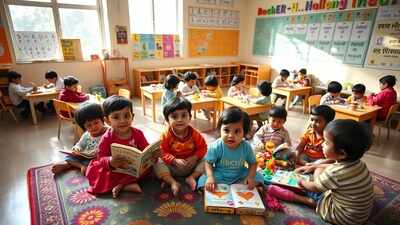Why ChatGPT is disrupting liberal arts but not STEM in US colleges

College campuses across the US are grappling with a question that feels more philosophical than procedural: when every student uses artificial intelligence to complete assignments, is it still cheating? In 2025, the use of tools like ChatGPT is so widespread in academia that it’s no longer a fringe activity—it’s becoming the norm.According to a discussion published by The Bulwark, AI usage among students has reached a scale that “you can’t believe.” High school and college students now rely on generative AI to write essays, complete homework, and even tackle exams. What was once considered academic dishonesty is being reinterpreted as digital literacy, and many students see it as a justifiable shortcut rather than a violation of rules.A tale of two disciplinesThe debate is largely divided along academic lines. “Generally speaking, there are two branches of study,” the The Bulwark article argues. “Real subjects—STEM—and fake subjects—liberal arts.” While controversial, the distinction highlights a growing gap in how AI affects different fields.STEM courses, which often rely on in-person exams, lab work, and problem sets, remain relatively resistant to AI interference. As explained in The Bulwark, “AI would have been of no use to me,” wrote one contributor who studied physical chemistry and immunobiology. They noted that while AI might assist in solving complex problem sets, the final answers still required manual verification—“questions with right and wrong answers.” Exams in STEM fields often take place in proctored settings where students are “staring at exam packets filled with equations and formulas,” armed with only a pencil and their own knowledge.In contrast, liberal arts courses are facing a reckoning. Essays, reading responses, and open-ended research assignments are now prime targets for ChatGPT-generated content. “Legitimately, I cannot think of a way to stop AI from completely disrupting liberal arts education,” the piece from The Bulwark noted.A generational shift in normsComparisons to past social trends offer insight into how normalized AI-assisted work has become. “Cheating with ChatGPT in 2025 is like smoking pot in 1975,” The Bulwark observed. “Everyone is doing it.” This generational shift suggests that the ethical boundaries surrounding academic work are being redrawn in real time.One The Bulwark contributor even sympathized with students, saying they were “kind of on the side of the cheaters.” They questioned whether the educational model is outdated in the face of transformative technology.The classroom after ChatGPTAs President Donald Trump meets with South African officials and debates swirl over education policy, the real classroom revolution may be happening quietly—one AI-generated assignment at a time. The question now isn’t whether students will keep using ChatGPT. It’s whether colleges will adapt before they lose control entirely.




